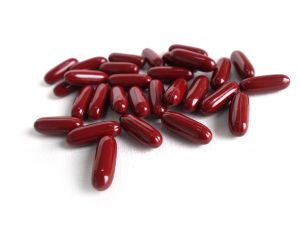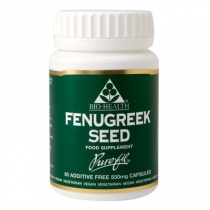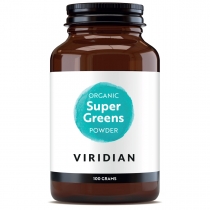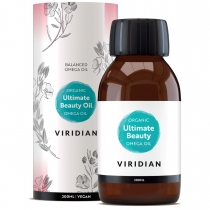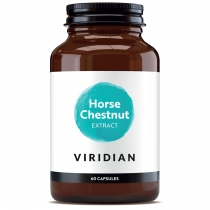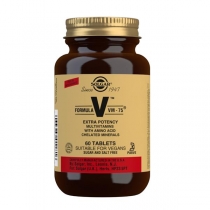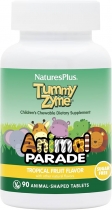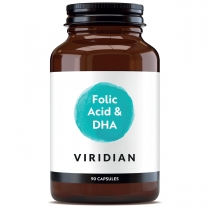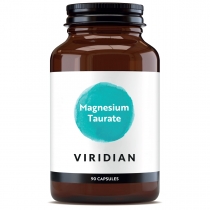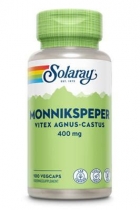Supplements
As processing, cooking and preserving food leads to nutrient depletion, many people feel that it is necessary to supplement their diet in order to maintain good health. While nothing can replace a healthy, wholesome diet, food supplements can often help compensate for individual nutrient requirements e.g. pregnant women typically need more folic acid while vegetarians often need additional vitamin B12.
In today's highly stressful and often polluted environment, essential nutrients are used up more quickly than usual. Supplements may provide adequate essential nutrients to protect the body against the impact of toxins. Taking charge of your health and treating yourself successfully with supplements can be an empowering experience. It takes time for the body to repair itself but changing to a healthier lifestyle will produce results in a natural way.
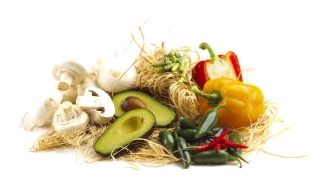
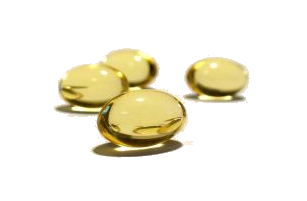
Amino Acids
Amino acids are the building blocks of proteins needed to build every cell in the body, from red blood cells to the cells in your skin, organs and bones. There are essential and non essential amino acids. Essential amino acids cannot be made in the body and must be taken from our diet.
Antioxidants
Antioxidants are substances that protect cells from damage by free radicals (highly reactive molecules). Free radicals are increased by stress, pollution and illness. The more free radicals formed, the more antioxidants needed to neutralise them.
Cleanse & Detox
Our bodies stay healthy by detoxifying the harmful substances we create, absorb and inhale in our daily lives. Toxic build up can lead to headaches, allergies, pain and digestive discomfort, therefore it's important to support these organs in their detoxifying efforts.
Digestive Aids & Probiotics
Friendly bacteria, or probiotics, are needed in the digestive tract to maintain healthy digestion and assimiliation of food. Deficiences of these friendly bacteria are often caused by sickness, bad eating habits and antibiotic use.
Essential Fatty Acids (EFAs)
Fatty acids are the building blocks of fats, two of which are just as essential to the body as vitamins and minerals are. Omega-6 linoleic and omega-3 alpha linolenic acids are EFA's that cannot be manufactured by the body and need to be obtained from our diet.
Fibre
Common sources of fibre include wholegrain foods, fruits and vegetables. It's primary role is to keep the digestive system healthy, helping to move food through the gut. A high fibre diet becomes even more important as we get older as the digestive system slows down with age.
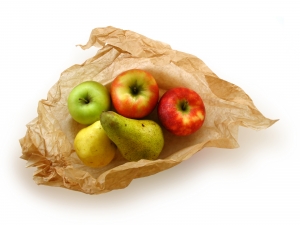
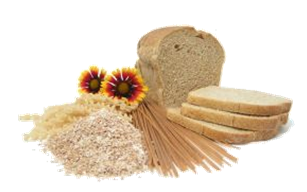
Herbal Remedies
Herbal remedies have been used for thousands of years to treat minor ailments and to maintain good health. "For every illness there grows a herb nearby" - drugs often contain the same substances as plants but in a much altered state, which is a contributing factor to side effects experienced.
Homeopathy
Homeopathy is a type of medicine that treats illnesses by stimulating the body's own healing mechanisms. It is a remarkably safe form of medicine when used correctly and is ideal for all ages. Remedy selection is highly individual and is designed to treat the whole person.
Minerals
Minerals provide structure to our skeletal system and promote nerve impulses, along with an array of other functions. The minerals calcium, magnesium, phosphorus, potassium and sulfur are required in abundance in the body. Other minerals are needed in trace amounds such as manganese.
Protein
Protein is responsible for building and repairing body tissue. Protein molecules are made up of amino acids linked together in a structural chain. After water, protein is the most plentiful substance in our bodies and a continuous supply is needed for cell building and regeneration.
Speciality
Usually at the cutting edge of nutritional research, speciality supplements are constantly evolving. Our speciality supplements include accessory nutrients, such as coenzyme Q10 and glucosamine, bee products, microalgae and much much more!
Superfoods
"Superfoods" is a term used by many to describe foods that are highly nutritious. In this section you will find wonderful products such as maca, reishi mushroom, spirulina and sea kelp, each with their own unique benefits.
Vitamins
Vitamins are divided into fat-soluble vitamins and water-soluble vitamins, depending on how they are absorbed. Fat-soluble vitamins A, D, E and K, require the presence of fat carriers to be absorbed while vitamins C, B and bioflavonoids are easier to assimilate because they dissolve in water.

